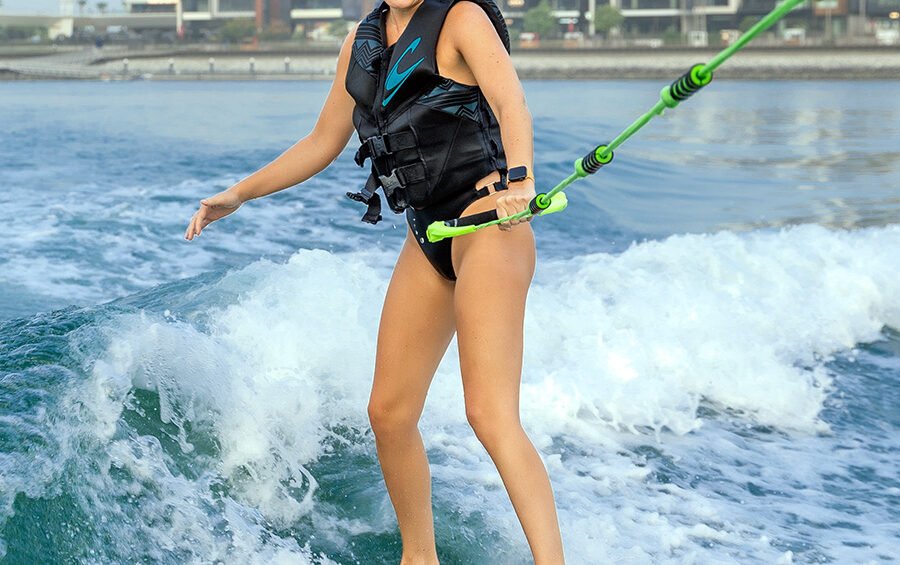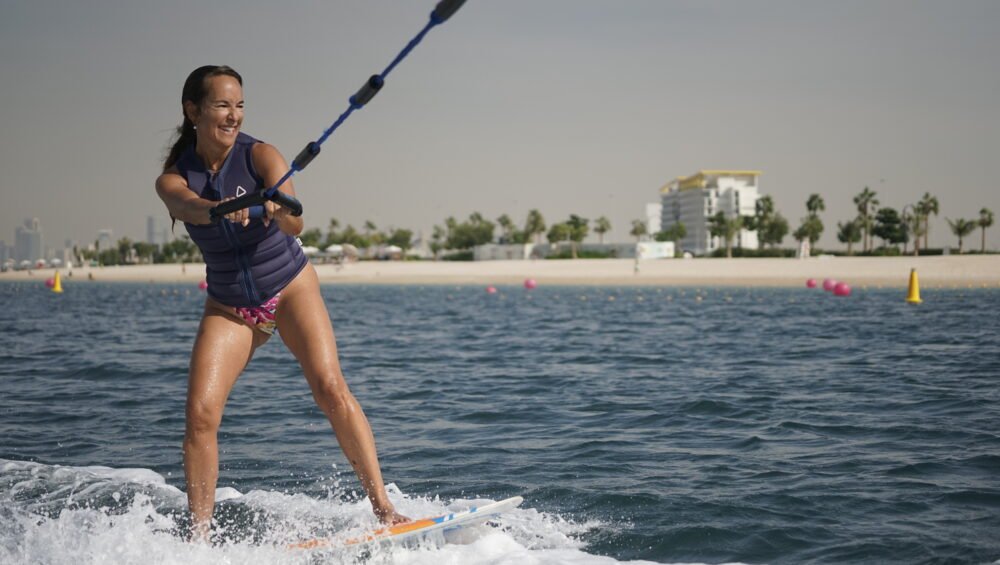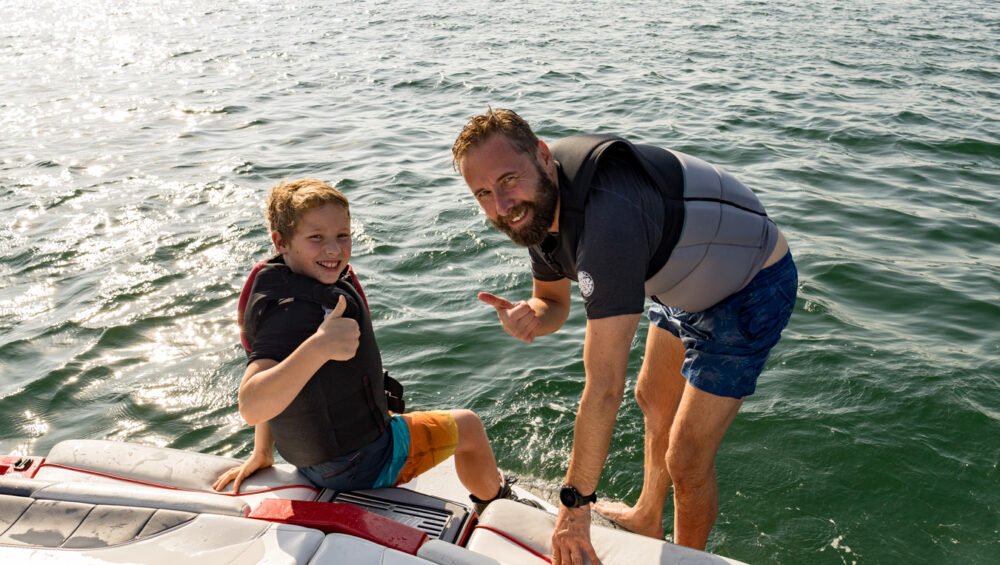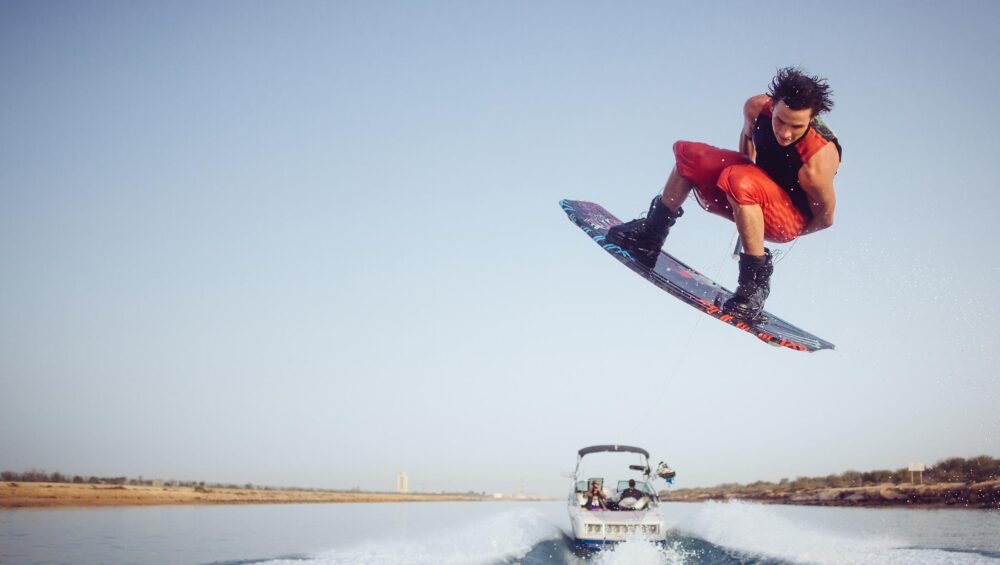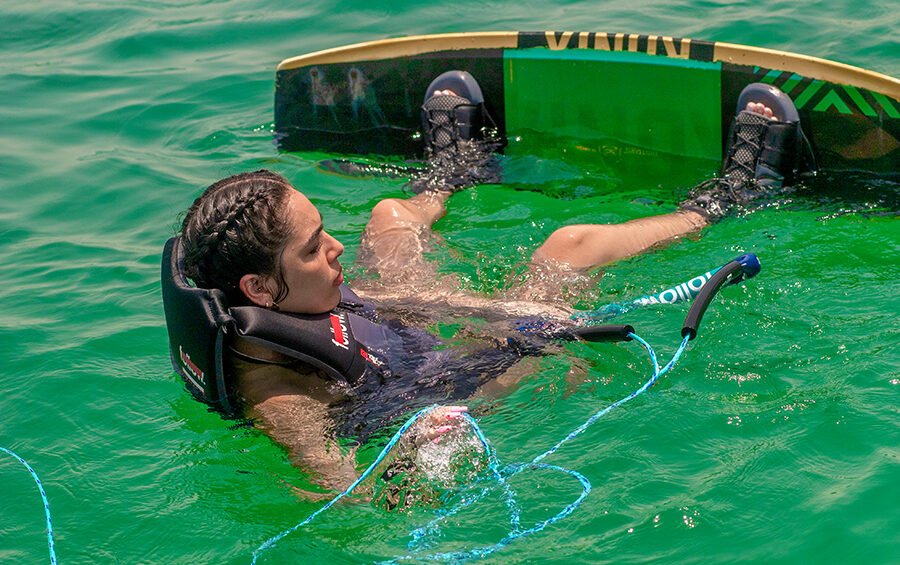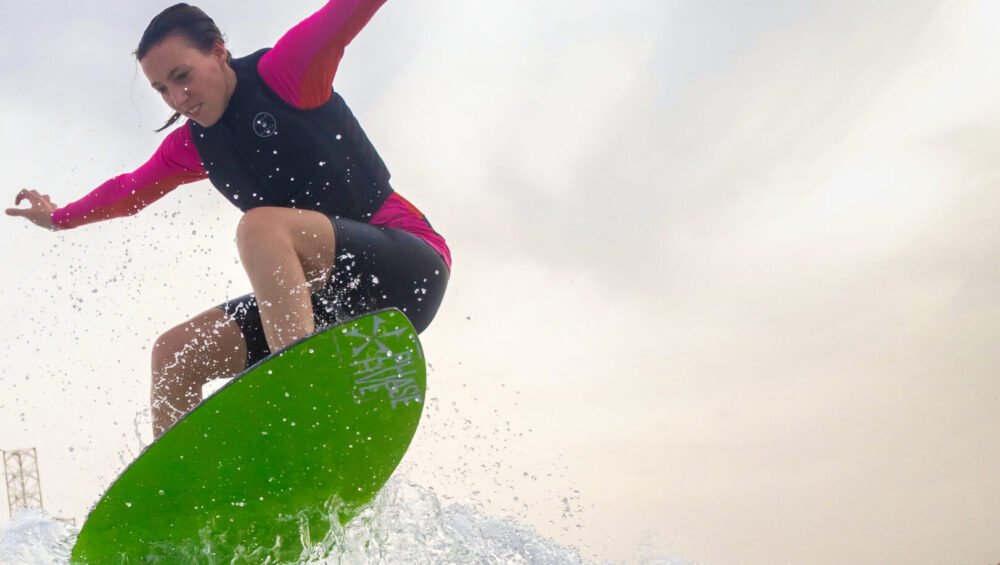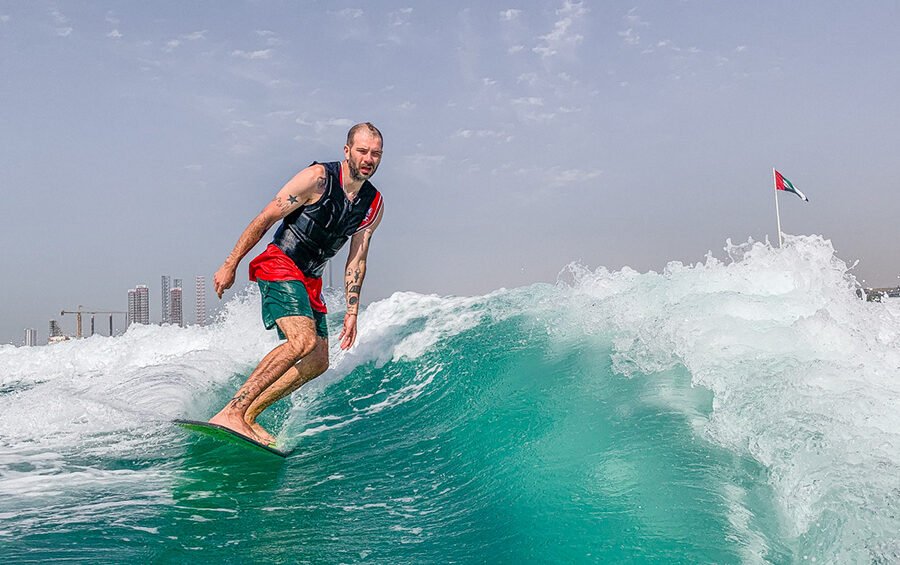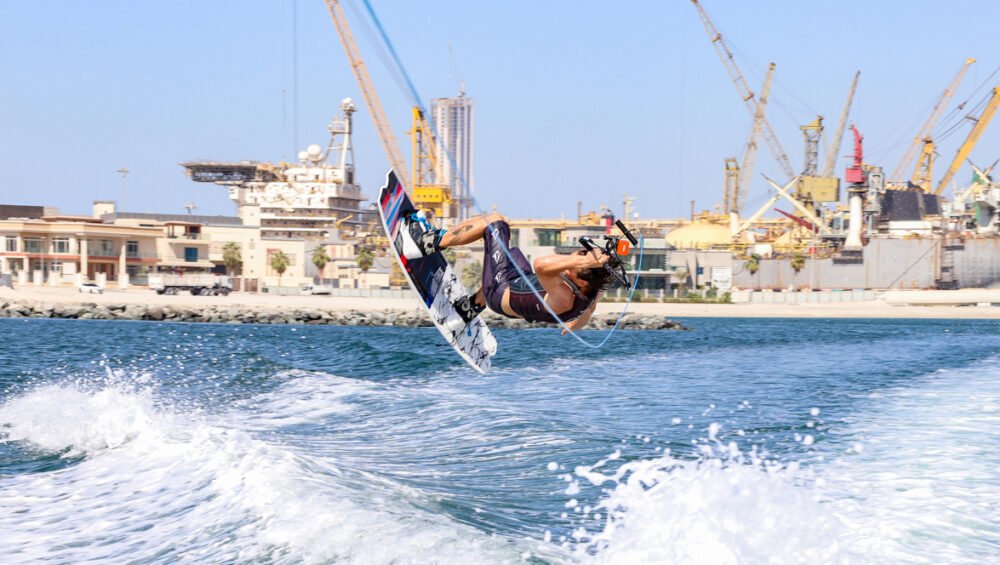Wakesurfing is an exhilarating water sport that combines the thrill of surfing with the excitement of wakeboarding. One essential piece of equipment for this activity is the wakesurf rope. While some might wonder if it’s truly necessary, using a wakesurf rope offers several benefits that can significantly enhance your experience. Here’s why you need a wakesurf rope for wakesurfing.
1. Learning and Stability
For beginners, a wakesurf rope is invaluable for learning the basics of wakesurfing. It helps you gain stability and control as you get accustomed to riding the wake. Holding onto the rope allows you to find your balance and get comfortable on the board before letting go to ride the wake freely. This initial stability is crucial for building confidence and mastering the fundamentals.
2. Positioning Behind the Boat
One of the primary functions of a wakesurf rope is to help you get into the correct position behind the boat. The rope allows you to pull yourself into the ideal spot on the wake, ensuring you have the best possible ride. This positioning is essential for creating and maintaining the right amount of tension on the rope, which helps you stay in the sweet spot of the wake where the wave is most powerful and rideable.
3. Safety and Control
A wakesurf rope provides an added layer of safety and control, especially for those new to the sport. It allows you to control your speed and distance from the boat, making it easier to adjust to different wake sizes and conditions. The rope acts as a safety net, giving you something to hold onto if you lose balance or encounter rough waters. This added control can prevent accidents and make your wakesurfing experience safer and more enjoyable.
4. Technique Improvement
Using a wakesurf rope can help improve your technique and skills. It allows you to practice different maneuvers and tricks with the added support of the rope. For example, you can work on your starts, turns, and transitions while holding the rope, gradually building up to performing these moves without assistance. The rope provides the opportunity to experiment and refine your skills, leading to better overall performance.
5. Convenience for All Skill Levels
A wakesurf rope isn’t just for beginners. Even experienced wakesurfers use ropes to fine-tune their skills and try new tricks. It’s a versatile tool that can assist surfers of all levels. For advanced riders, the rope can be used to practice more complex maneuvers before attempting them without support. The convenience and versatility of a wakesurf rope make it a valuable accessory for anyone looking to improve their wakesurfing game.
6. Enhancing the Wakesurfing Experience
Overall, a wakesurf rope enhances the wakesurfing experience by making it more accessible, safe, and enjoyable. It allows you to focus on the fun and excitement of riding the wake without worrying about losing balance or getting out of position. With a wakesurf rope, you can make the most of your time on the water, whether you’re just starting out or looking to take your skills to the next level.
Conclusion
A wakesurf rope is an essential piece of equipment for anyone looking to enjoy wakesurfing to the fullest. It provides the stability, control, and safety needed to learn and master the sport, making it an invaluable tool for beginners and experienced surfers alike. By helping you get into the right position, improve your technique, and enhance your overall experience, a wakesurf rope ensures you can ride the wake with confidence and style. So, grab your wakesurf rope and get ready to carve up the waves like a pro!

